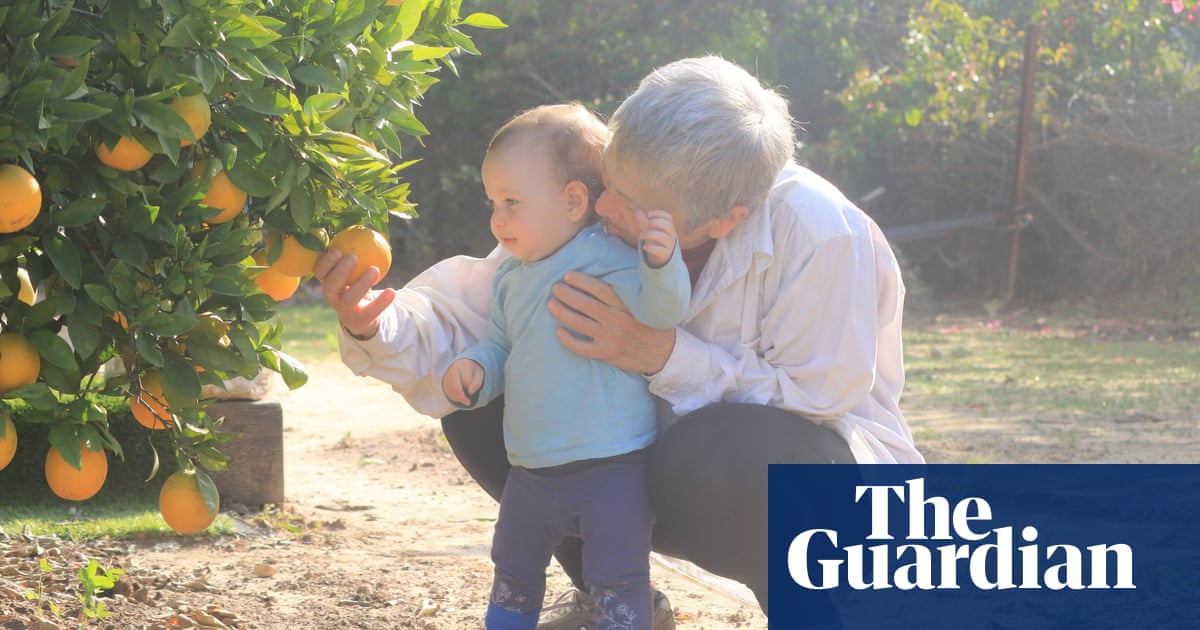
As Saudi Arabia witnesses unprecedented growth in the provision of medical services, attention is turning to the issues of medical malpractice and patient safety. In the course of my work on medical malpractice cases, which affect not only patients but also health practitioners and entire health care facilities, I have come to realize that the most effective way to address these errors is to reinforce the concept of patient safety.
From root-cause analysis, it is clear that the causes of medical malpractice may not be confined to the health practitioner alone. There may be other reasons, such as the circumstances surrounding caregivers, or the environment of the health facility. Different facilities have different characteristics, and the scientific and practical backgrounds of health practitioners vary.
In several sessions, the Shoura Council has discussed patients’ rights. In May this year it stressed to the Ministry of Health the need to support the national strategy for patient safety in several ways, the most important of which is to activate and stimulate the role of the main expert in this strategy — the Saudi National Center for Patient Safety, established in 2017 and headed by Dr. Tawfiq Al-Rabiah. The center aims to reinforce the concept of patient safety, and thus help in the fight to reduce medical errors, by motivating health care organizations, medical service providers, patients, their families and society in general.
Among the 13 demands of the Shoura Council, the Ministry of Health is required to measure its objectives and effort in promoting the culture of patients’ rights and to compare them afterwards with global performance indicators. The rapid effect of the patient safety center was illustrated by the establishment of awareness workshops on the concept of patient safety. They addressed issues that may contribute to medical error, such as the distinction between medical error and complications, medication errors, and ways to protect health facilities from infection.
To achieve the desired results in the fight against medical error, health care organizations must unite through the national strategy to cover all aspects of this crucial issue. The Saudi Central Board for Accreditation of Health Care Institutions is an effective tool in this difficult task. It grants all certificates of accreditation to health facilities, whether public or private. It develops quality standards for health care and patient safety, and ensures that health facilities apply them without exception. Its role is not limited to accreditation, but extends to the continuous evaluation of the quality of services.
While the board monitors health facilities, the Saudi Commission for Health Specialties aims mainly to develop the professional performance of health practitioners, developing and encouraging their skills and the application of those skills. Among its tasks is to lay down the foundations and standards for the practice of health care, including professional ethics, and to educate practitioners about their duties and the rights of their patients. This does not exempt the medical academic institutions from the responsibility of educating their students about their legal rights and responsibilities. I strongly believe that the inclusion of medical law as a specialized subject would contribute to protecting both patients and practitioners.
Thus, with the existence of institutions responsible for regulating two of the possible parties to medical error — the health care facility and the practitioner — it is the role of the whole society to consolidate the concept of patient safety and to protect the rights of the patient (who are the most vulnerable) by establishing a proper culture of patient safety and rights. After all, that patient could be you, me, or someone dear to us.
• Dimah Talal Alsharif is a Saudi legal consultant, head of the health law department at the law firm of Majed Garoub and a member of the International Association of Lawyers. Twitter: @dimah_alsharif
Disclaimer: Views expressed by writers in this section are their own and do not necessarily reflect Arab News" point-of-view












